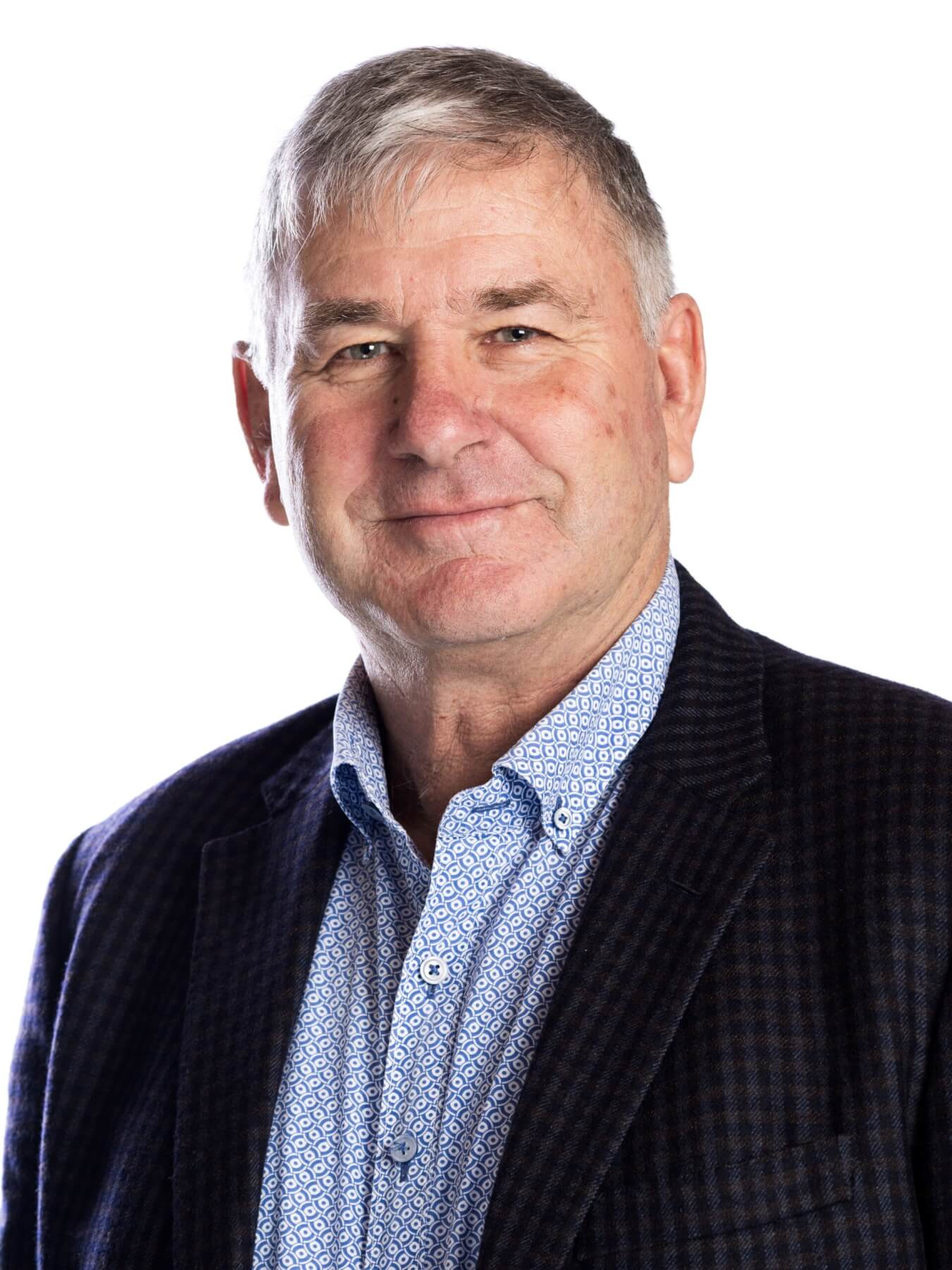
Waikato Regional Council

Garry Reymer – 2025
Garry Reymer – Waikato Regional Council
See: Candidates in their own words
Do you support the use of 1080 to combat pests? (50 words) and what is the biggest threat to our native flora and fauna and how should the regional council tackle it? (50 words)
Yes I do. Ferral animals such as deer goats pigs wallabies and possums are a major problem from a flora fauna perspective but if we could eliminate them we would meet our GhG targets without any other action. I would have a two-pronged approach of 1080 as well as bounty.
Waikato River and several lakes in Waipā-King Country – including Te Koo Utu and Ngā Roto – face water quality concerns.
What would you like to see done about those issues? (50 words)
Te Koo Utu is an urban lake and I suspect most of the problems arise because it is stagnant. Also duck excrement has roughly 6 times the ecoli of a cow and they add it directly to the water.
Nga Roto is a peat lake, the water would never have been drinkable and the standard of drinkable is not realistic.
Do you support Plan Change One? (50 words)
No. It is wrong that food production has to be a consented activity. Water quality and farm management have improved immensely over the last 20 years with no draconian laws.
Food production is fundamental to the regions GDP and that needs to grow.
The regional council is responsible for providing and improving public transport services and investing in long-term planning. Can the regional council be doing this better and if so, who should pay for it, ratepayers, users or partnerships? (50 words)
Our public transport operates on an outdated model. It is time we looked at users as customers rather than users of a service. Yes the council has a role to subsidise this but it should be less than 50%. We can look to other industries involved with collection and distribution to see how we can improve service and patronage.
Several district councils and Hamilton city are growth councils. How can the regional council balance the need for urban growth with the protection of highly productive land? (50 words)
This is an ongoing debate. Many parts of the productive land have already been destroyed with the 10 acre block. These are mostly unproductive and councils can look to further subdivision of these before we allow the productive land to get further development. Combine that with infill housing and build up where practical is the solution.
Climate change resulting in extreme weather events increases fire risk, rising tides and impacts on our flora and fauna. Is the regional council doing enough to manage and prepare for this? (50 words)
Mitigation is not something the WRC should engage in. Management of the effects of climate change is firmly in the council space. The council needs to do much more here. Flood protection, drainage, energy initiatives and sensible water allocation are areas that can be addressed. Also promoting science at the Waikato University.
What more could the regional council be doing to manage the region’s waste? (50 words)
I don’t know a lot about the technology, but we have an opportunity to harness the energy from waste. This makes far more sense than putting it into landfill but I would need to see and understand the business case for such things.
Organisations like Waikato Chamber of Commerce are calling for widespread local body amalgamation.
Do you support that call and if so, what Waikato local authorities would you want to amalgamate with? (50 words)
Yes I support amalgamation. I am not set on the final shape that this would take, but I think a maximum of three would be sensible. That would be around the catchments of East and west of the Waikato river, and the Hamilton and Cambridge communities in the third grouping.
What is your view on
(a) rates capping and (b) linking rates to an inflation index (100 words)
Rates capping is a poor term. We could just as easily say project capping or wish list capping. What is needed is prudent financial management that delivers improved performance and productivity. In a year like the one we are entering I think it was entirely possible for the Waikato Rregional Council to have had a zero percentage increase. But they have chosen to sit on unallocated cash ($2.5 mil) that belongs to ratepayers. They have also had another 5% increase in staff with no evidence that we have improved service and they have failed to lift the cost recovery of public transport in line with the government directive.
What would you do to help people engage more in local government (50 words)
Democracy is a privilege. Participation needs to be easier. Online voting. STV election system. It’s important that the public feel served by councils, rather than seeing them as distant bureaucrats collecting rates while being ineffective.
Finally, why should people vote for you to be their representative on Waikato Regional Council’s Waipā-King Country constituency? (100 words)
A farm business operates with consideration for environmental responsibilities. While managing the elements, land, soil, and water, other factors like weather remain beyond managerial control. This teaches you to respect both the elements but also money/profit you earn from that.
Taking that respect for the environment as well as valuing the hard earnt dollar makes me an ideal representative.
I have completed the Mayfield director leadership course, plus Rabobank executive development. I have had numerous governance roles holding key roles of finance and strategic planning. The last three years I have held the economics and finance chair for Federated Farmers Waikato. Thank you








